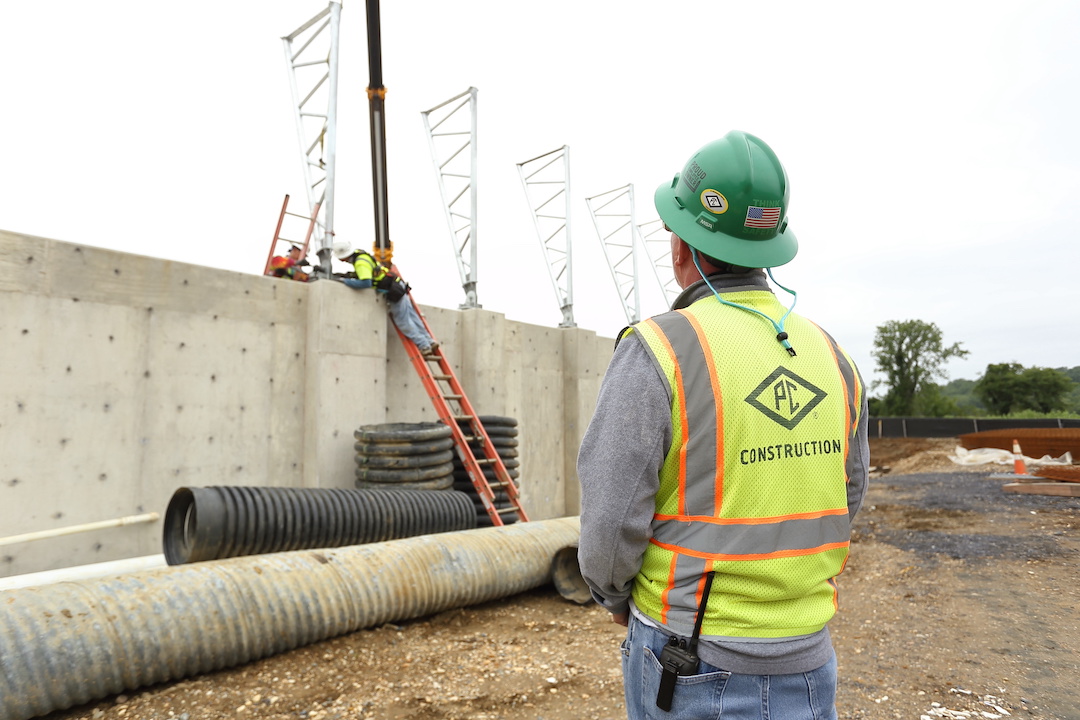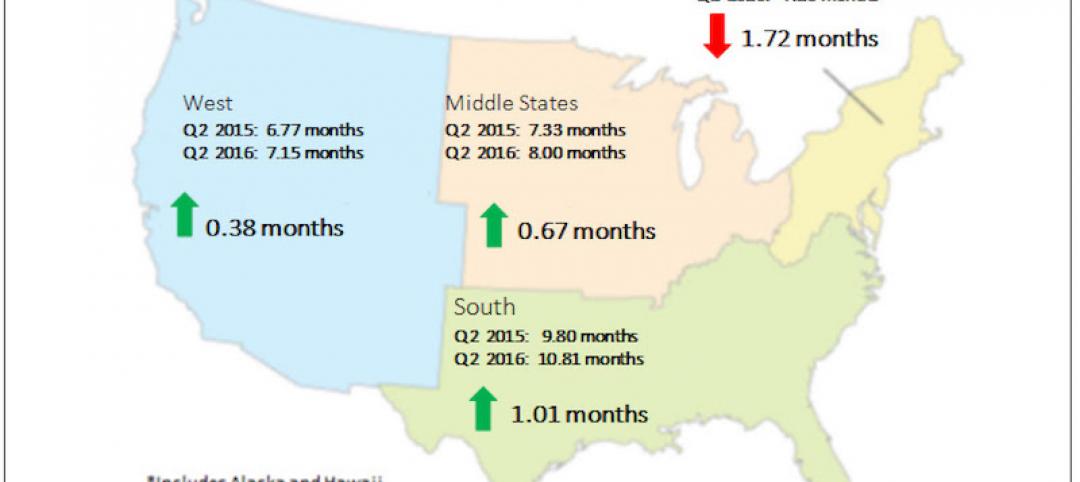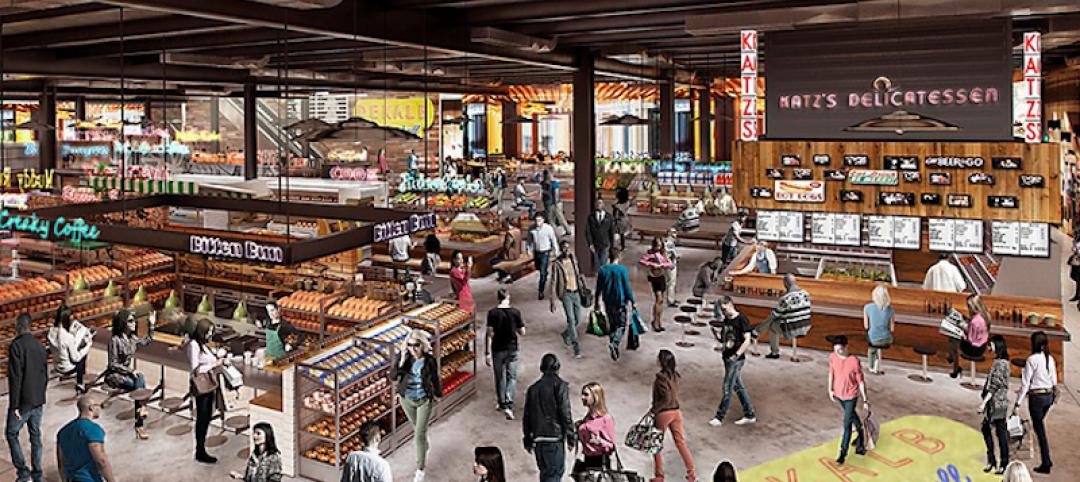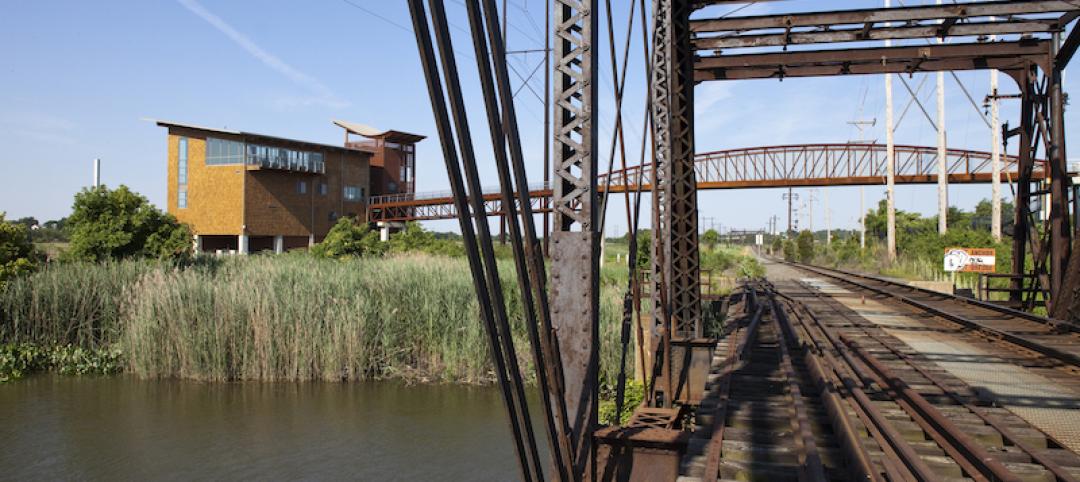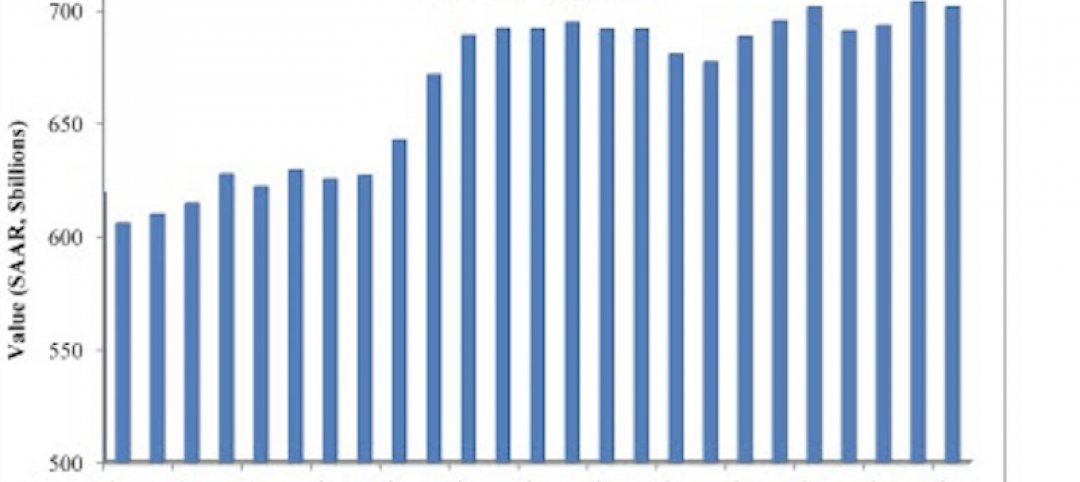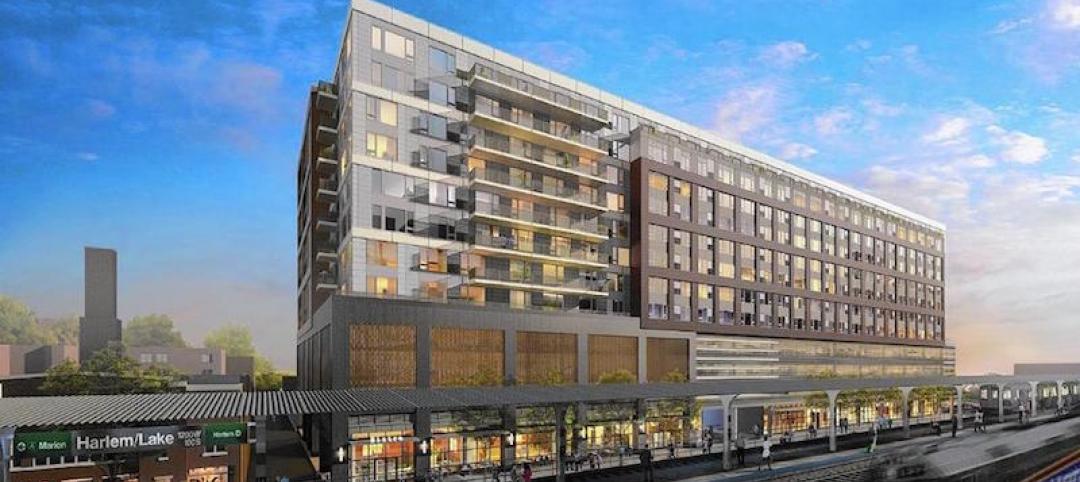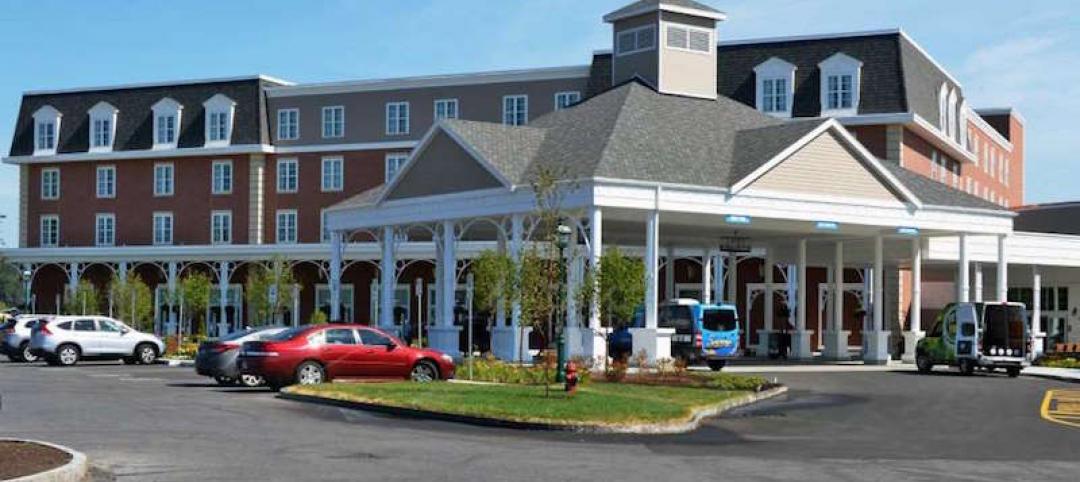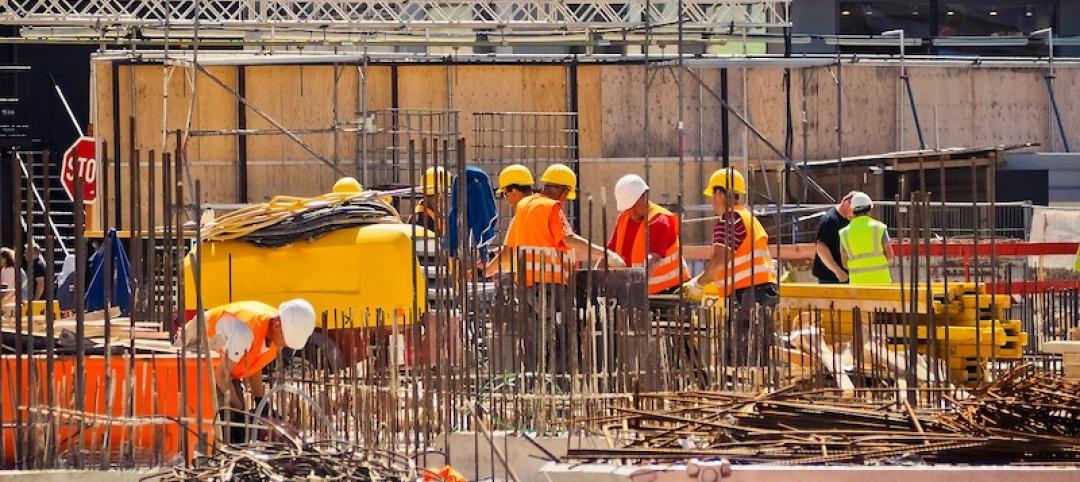The construction industry added 44,000 jobs between September and October as nonresidential construction firms posted back-to-back increases for the first time since January, according to an analysis by the Associated General Contractors of America of government data released today. Association officials said the employment gains were welcome news but cautioned that employment levels remain well-below pre-pandemic totals as firms struggle with supply chain problems, labor shortages and federal inaction on infrastructure funding.
“It is encouraging to see continuing job growth in nonresidential construction but the industry remains far behind the overall economy in recovering all of the job losses from the pandemic,” said Ken Simonson, the association’s chief economist. “Finding workers is a challenge after other sectors have hiring for much longer.”
Construction employment in October totaled 7,498,000, an increase of 44,000 since September. However, industry employment remained 150,000 below the pre-pandemic peak set in February 2020.
The nonresidential segment, comprising nonresidential building and specialty trade contractors plus heavy and civil engineering construction firms, added 33,000 employees in October, following a pickup of 25,800 in September. But nonresidential employment is 239,000 below the February 2020 level, as the sector has recovered only 63% of the jobs lost in the first two months of the pandemic.
Residential construction--including building contractors such as homebuilders, along with residential specialty trades--added 10,900 employees in October. Residential employment tops the February 2020 mark by 89,000. Simonson noted that the overall economy has regained 87% of the jobs lost between February and April 2020, an indication that many construction workers may have found jobs in homebuilding and remodeling or in other sectors.
Association officials urged members of the House of Representatives to quickly pass a federal infrastructure bill that received broad, bipartisan support in the Senate. They noted the new investments would help boost employment levels and improve overburdened distribution networks that are contributing to the supply chain problems. They also warned that new federal COVID vaccine mandates were likely to make it harder for firms that employ 100 or more people to retain and find new workers as the vaccine hesitant shift to smaller firms.
“House members should heed the lessons from this Tuesday’s elections and focus on passing bipartisan measures that will do much to boost our economy and improve supply chains,” said Stephen E. Sandherr, the association’s chief executive officer. “At the same time, we need to appreciate that having conflicting vaccine mandates for different types of firms is likely going to encourage the vaccine hesitant to work at places where the rules do not apply.”
Related Stories
Market Data | Sep 22, 2016
Architecture Billings Index slips, overall outlook remains positive
Business conditions are slumping in the Northeast.
Market Data | Sep 20, 2016
Backlog skyrockets for largest firms during second quarter, but falls to 8.5 months overall
While a handful of commercial construction segments continue to be associated with expanding volumes, for the most part, the average contractor is no longer getting busier, says ABC Chief Economist Anirban Basu.
Designers | Sep 13, 2016
5 trends propelling a new era of food halls
Food halls have not only become an economical solution for restauranteurs and chefs experiencing skyrocketing retail prices and rents in large cities, but they also tap into our increased interest in gourmet locally sourced food, writes Gensler's Toshi Kasai.
Building Team | Sep 6, 2016
Letting your resource take center stage: A guide to thoughtful site selection for interpretive centers
Thoughtful site selection is never about one factor, but rather a confluence of several components that ultimately present trade-offs for the owner.
Market Data | Sep 2, 2016
Nonresidential spending inches lower in July while June data is upwardly revised to eight-year record
Nonresidential construction spending has been suppressed over the last year or so with the primary factor being the lack of momentum in public spending.
Industry Research | Sep 1, 2016
CannonDesign releases infographic to better help universities obtain more R&D funding
CannonDesign releases infographic to better help universities obtain more R&D funding.
Industry Research | Aug 25, 2016
Building bonds: The role of 'trusted advisor' is earned not acquired
A trusted advisor acts as a guiding partner over the full course of a professional relationship.
Multifamily Housing | Aug 17, 2016
A new research platform launches for a data-deprived multifamily sector
The list of leading developers, owners, and property managers that are funding the NMHC Research Foundation speaks to the information gap it hopes to fill.
Hotel Facilities | Aug 17, 2016
Hotel construction continues to flourish in major cities
But concerns about overbuilding persist.
Market Data | Aug 16, 2016
Leading economists predict construction industry growth through 2017
The Chief Economists for ABC, AIA, and NAHB all see the construction industry continuing to expand over the next year and a half.


